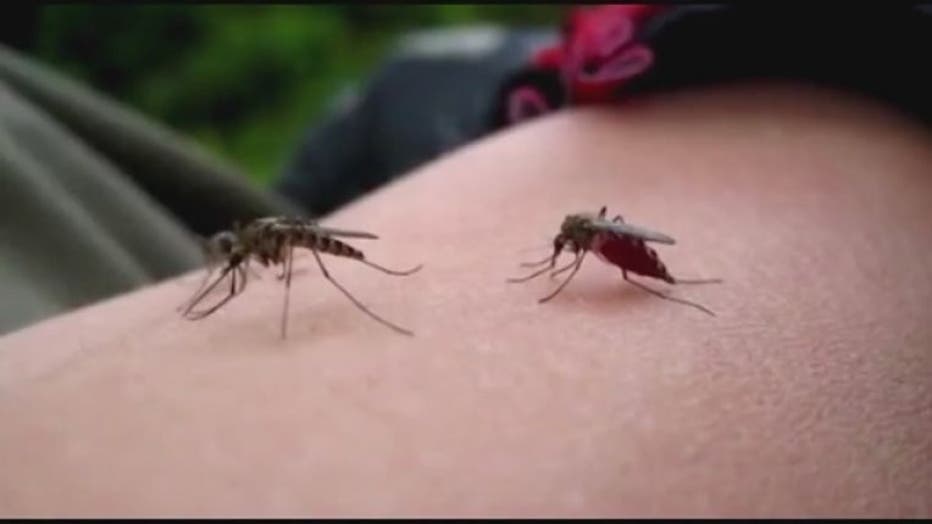1st case of West Nile Virus found in Oakland County man
PONTIAC, Mich. (FOX 2) - The Michigan Department of Health and Human Services has confirmed a human case of West Nile Virus in a 70-year-old Oakland County man, Oakland County Health Division announced today.
It is the first human case of WNV in Oakland County in 2019, and the fourth this year in Michigan. West Nile Virus is a mosquito-borne virus. Mosquitoes are infected with the virus by biting an infected bird.

The virus is then spread to humans through the bite of the infected mosquito. Most people who are infected with the virus have either no symptoms or experience a mild illness such as fever, headache, and body aches. Older residents are usually at higher risk to contract the infection.
"This is an important reminder that West Nile Virus is present in our community," said Leigh-Anne Stafford,
health officer for Oakland County Health Division. "We strongly encourage residents to protect themselves
from mosquitoes until the first hard frost of the year."
There is no further information being released about the patient because of health privacy laws.
Ways to protect yourself from mosquito bites include:
Use Environmental Protection Agency (EPA)-registered insect repellant. All EPA-registered insect repellants are evaluated for safety and effectiveness, and will contain DEET, picaridin, IR3535, Oil of Lemon Eucalyptus or para-menthane-diol as the active ingredient. Repellents containing a higher
percentage of the active ingredient typically provide longer-lasting protection. Always follow the product
label instructions.
Be careful using repellent on the hands of children as it may irritate the eyes and mouth.
Wear protective clothing such as long-sleeved shirts and pants.
Limit outdoor activity from dusk to dawn when mosquitoes are most active.
Maintain window and door screens to keep mosquitoes out of buildings. Do not prop open doors.
Empty water from mosquito breeding sites around the home, such as buckets, unused kiddie pools, old
tires or similar sites where mosquitoes may lay eggs.
Use nets and/or fans over outdoor eating areas.

